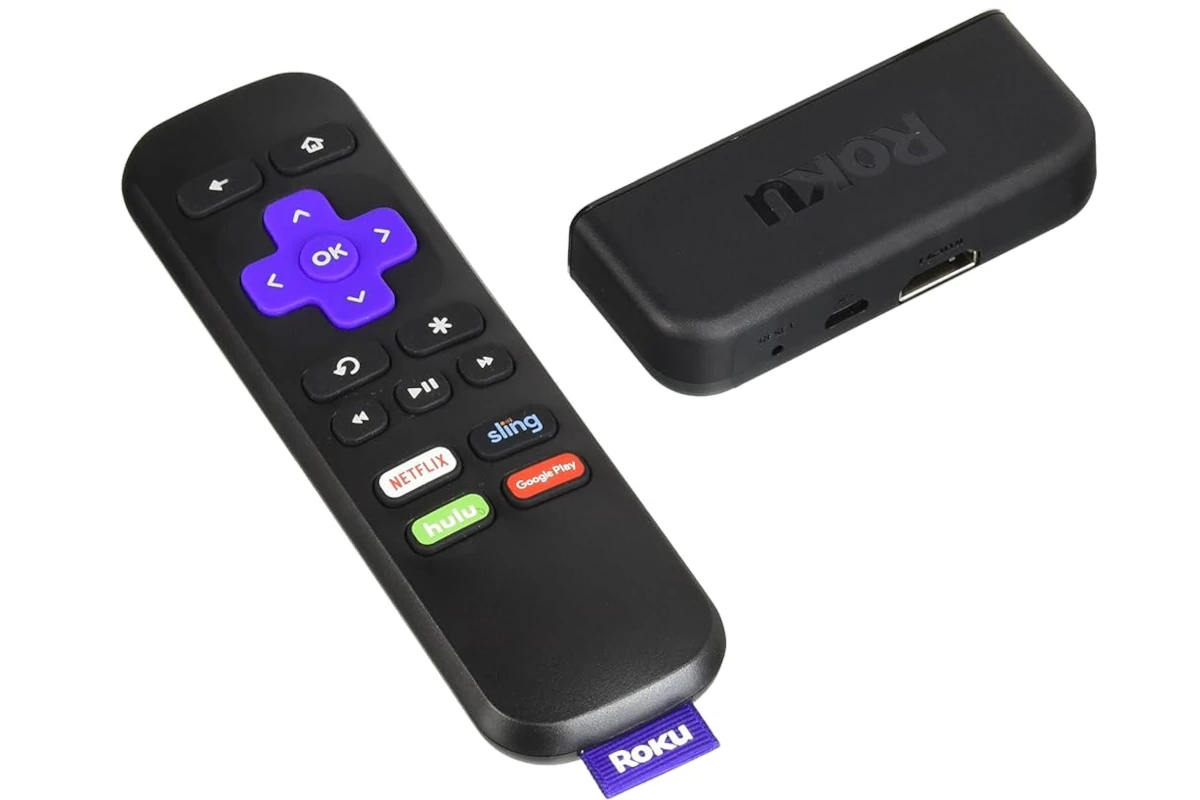Roku users around the United States faced a frustrating surprise this week when their Roku-powered TVs and streaming devices were rendered unusable. The company’s updated dispute resolution terms, which now include mandatory arbitration clauses, must be accepted before users can access their devices.
Key Highlights
- Roku users must now agree to updated dispute resolution terms to use their devices.
- The new terms emphasize arbitration, limiting users’ ability to sue Roku.
- Users have a 30-day window to opt-out of the new terms.
- Opting out requires sending a written notice to Roku via mail.
What Happened
The new dispute resolution terms silently went into effect recently. When users turned on their Roku TVs or streaming sticks, they were greeted by a screen demanding they consent before proceeding. There is no option to bypass or postpone the agreement. This forceful tactic angered many users, with complaints surfacing across social media and Roku’s community forums.
What’s Changed in the Terms?
The primary change is a stronger emphasis on mandatory arbitration. This process essentially prevents users from suing Roku or participating in class-action lawsuits. Instead, any disputes must first be handled through informal negotiation and then potentially arbitration with Roku’s chosen provider.
Roku points out that arbitration was part of its terms previously, but it appears the updated version makes it far more difficult to avoid.
How to Opt Out
Users uncomfortable with Roku’s new dispute resolution process have 30 days from the time of agreement to opt out. However, doing so isn’t easy. It requires physically mailing a written notice with specific information to Roku’s offices in California.
User Frustration and Expert Opinions
The backlash from users has been significant. Many feel it’s unfair to hold their devices hostage to force agreement to legal terms most people won’t thoroughly read. Advocacy groups have also criticized the practice, arguing it gives companies immense power and deprives consumers of their rights in legal disputes.
Additional Information & Angles
- Legal Background and Implications: A section could explore the legal history of mandatory arbitration clauses. It could also explain how arbitration benefits corporations while potentially harming consumers who might have valid claims.
- Expert Quotes: I can find quotes from consumer law attorneys or legal experts specializing in technology and contracts. These quotes can provide an authoritative, critical perspective on Roku’s policy change.
- User Experiences: Highlight specific examples of frustrated Roku users found on social media or forums. Including quotes directly from impacted individuals can add a human element to the story.
Roku’s aggressive policy change highlights a growing trend of companies embedding mandatory arbitration clauses into their terms of service. While Roku may present this as streamlining dispute resolution, it’s ultimately a way to shield the company from consumer lawsuits. That a consumer must jump through hoops by sending a physical letter to opt-out only adds insult to injury. Ultimately, this controversy underlines the need for more consumer-friendly legislation to address the increasing use of forced arbitration.





























